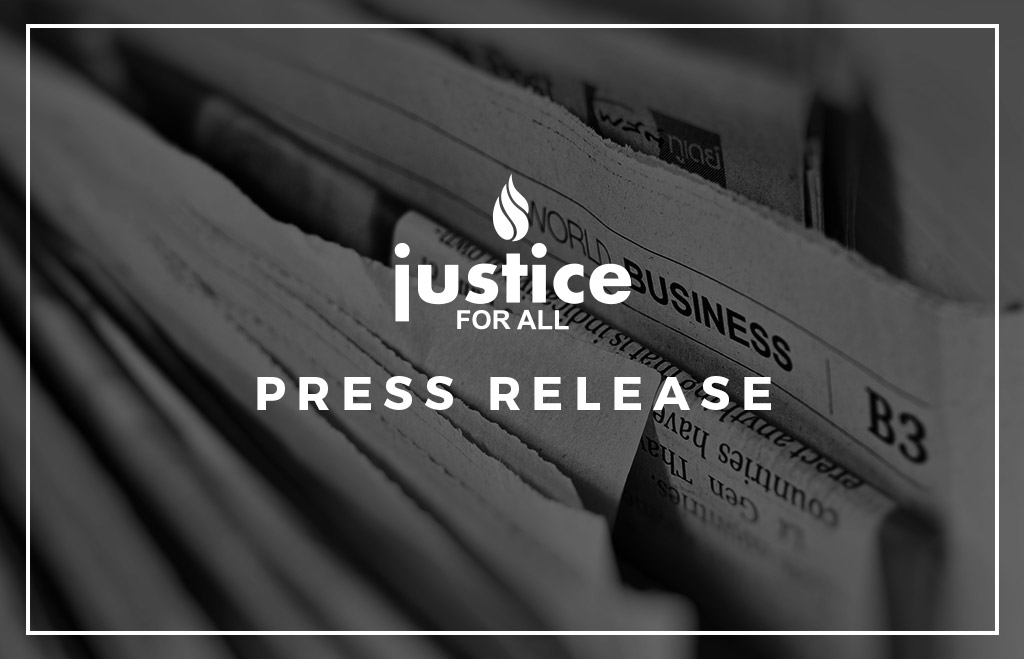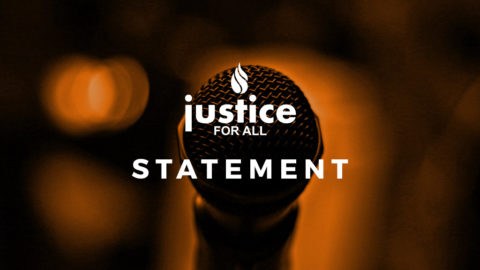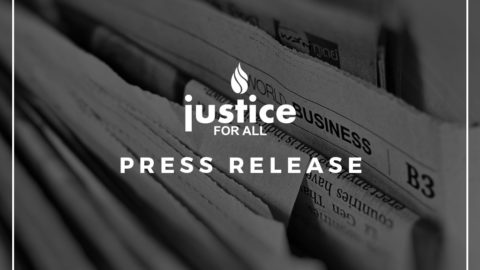
For Immediate Release: ASEAN Governments Must Not Weaken Democracy In Burma: Burma Task Force Urges Indonesia to Recognize Resistance, Minorities
February 24, 2020
For More Information, Contact: Ariba Khan Ariba@justiceforall.org
(Washington, D.C.) Today, as Burmese protesters rallied at the Indonesian embassy in Yangon, the Indonesian Government announced that Foreign Minister Retno Marsudi had cancelled his plans to meet with Myanmar’s military leaders, while holding open the possibility of future talks.
The leaked plan by Indonesia appears to award legitimacy to the Burmese military’s baseless claims of fraud, opting for a future election instead of denouncing the coup. The plan arranges for election monitors from ASEAN instead of demanding immediate release of Aung San Suu Kyi, her ministers and all those arrested in the struggle for democracy.
On Twitter, the Civil Disobedience Movement commented that the people of Indonesia should remember what it is like to be dominated by a brutal military and that their government should not legitimize the current coup, now in its 24th day. Nor should other governments—including Australia—engage in dialogue with the generals. Instead, they should be sanctioned.
Despite the horrific genocide perpetrated by the Burmese military against the Rohingya Muslim minority, the government of Indonesia has often taken a conciliatory approach to Myanmar, involving the AHA Centre in discussions that neglect rights and root causes of conflict.
“ASEAN Nations should endorse the demands of Burmese protesters seeking true democracy,” stated Adem Carroll, UN Programs Director for Justice for All. “Restoring democracy does not only mean the recognition of the legitimately elected government of Aung San Suu Kyi’s NLD Party. Democracy also requires reform of the 2008 Constitution and the repeal of harsh discriminatory laws that target minorities in Myanmar—for example, the Race and Religion Laws and the 1982 Citizenship Laws that took away Rohingya civil rights. Instead of negotiating with war criminals, ASEAN nations should support demands voiced by the people of Myanmar.”
In October 2020, the ASEAN Parliamentarians for Human Rights released a report detailing ASEAN’s many failures to address crucial human rights concerns in Rakhine State and elsewhere in Myanmar. Until impunity and corruption are confronted in a meaningful way, millions will continue to suffer, and the region will be destabilized.
“Over 82 percent of the Burmese people voted for Suu Kyi’s NLD Party in November, added Mr. Carroll. “The Rohingya and some other ethnic voters were excluded—will ASEAN make their inclusion a condition of talks with the Burmese military? And will the Rohingya be repatriated safely and their rights restored, or will this Muslim minority be forgotten yet again?”
###




